Council Okays $2.45 Million for Western Building’s Move
Millwork distributor will relocate from suburb, bring 200 jobs to city's far northwest side.
The Milwaukee Common Council unanimously approved a rezoning request and $2.45 million financing package for millwork distributor Western Building Products, clearing the way for the company’s move to the city’s northwest side from Wauwatosa. The employee-owned company would bring all 208 of its employees to the 31-acre site sandwiched between Interstate 41 and the Menomonee River at 7007 N. 115th St.
Western intends to construct a 325,000-square-foot building on the site, long known as Joy Farms, for which it needs a change in zoning. The site also needs sewer and water service, which is the driver behind the Department of City Development‘s design of a $2.45 million developer-financed tax incremental financing (TIF) district. Western Building will finance the TIF and its spending to build the plumbing infrastructure and will be rebated the money, plus 5.5 percent interest, from the increased property tax revenue from the deal. The district, as proposed, is required to close within 14 years.
The proposal by Western and the city would have the firm pay for the cost of the sewer connections for the 14 other properties in the area, 11 of which have homes on them. The distributor estimates the cost of this effort at $300,000.
The company makes and sells an assortment of mouldings, stair parts, windows, columns, and an extensive offering of interior, and fire-rated doors, its website notes. “We sell about 1,000 doors a day,” said Zacher. To support the company’s operations, up to 26 trucks a day would come and go from a facility with capacity for up to 42 loading docks.
“I wholeheartedly support the organization,” said area Alderwoman Nikiya Dodd on Tuesday morning. “I think the company has been a great example of the types of company we would like to move into Milwaukee.”
Dodd expressed frustration at a hearing last week with a handful of the more than 10 neighbors that testified in opposition at multiple hearings. “I do appreciate the neighbors coming out and sharing their testimony. It is important that we hear neighbors’ voices. It is important that they share their concerns,” said Dodd. “But this process has been manipulated.”
Dodd said Bruce Winter and another nearby property owner, the Adriansen family, were seeking to enrich themselves by killing the deal and attempting to increase the redevelopment potential of their land.
She accused Winter and others of lying in their testimony before the committee. Project opponents had a wide range of objections including that the company would drain directly into the nearby Menomonee River (which the company and city dispute), destroy the resale value of their homes and cause their assessments to rise, the latter two arguments seeming to contradict each other.
Winter and Zacher were both in attendance at the Common Council meeting, but the council does not take public testimony at its full council meetings.
The term sheet with the city requires the building to open by spring 2021. The proposed building would be designed and built by Briohn Building Corporation.
Plans
Eyes on Milwaukee
-
Church, Cupid Partner On Affordable Housing
 Dec 4th, 2023 by Jeramey Jannene
Dec 4th, 2023 by Jeramey Jannene
-
Downtown Building Sells For Nearly Twice Its Assessed Value
 Nov 12th, 2023 by Jeramey Jannene
Nov 12th, 2023 by Jeramey Jannene
-
Immigration Office Moving To 310W Building
 Oct 25th, 2023 by Jeramey Jannene
Oct 25th, 2023 by Jeramey Jannene


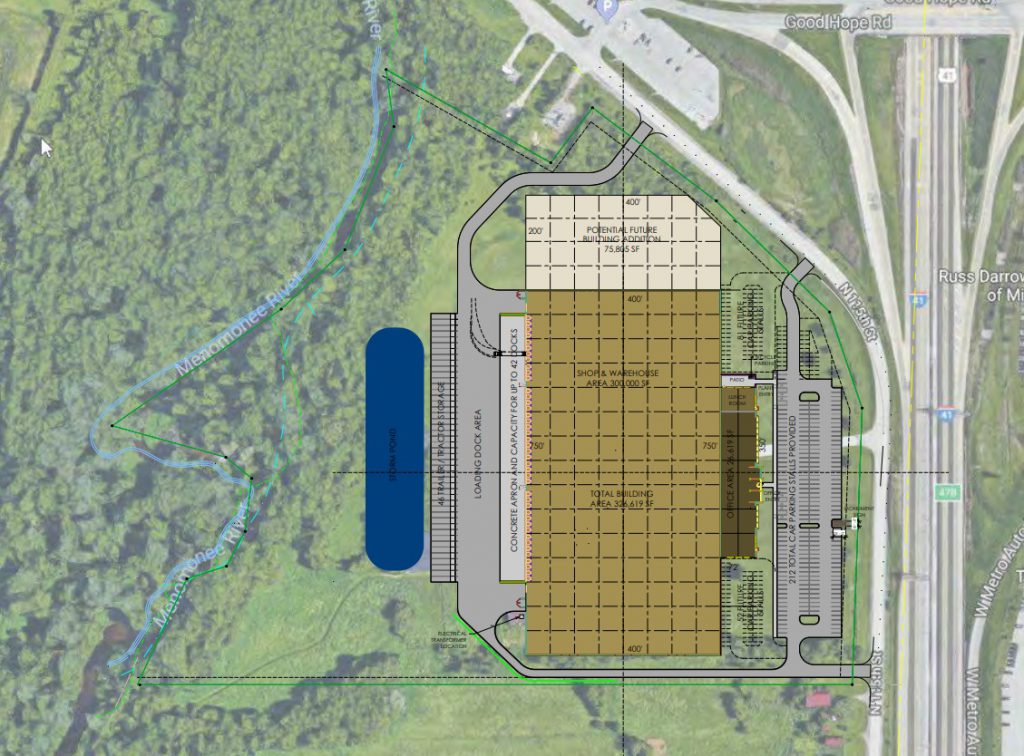
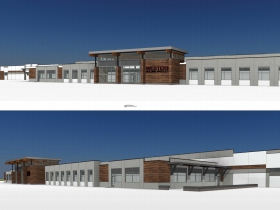
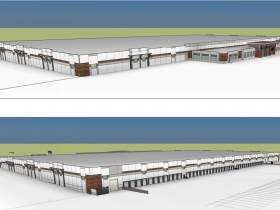
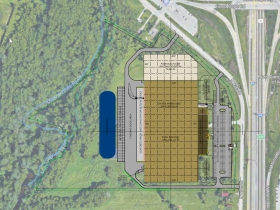
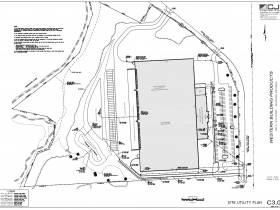
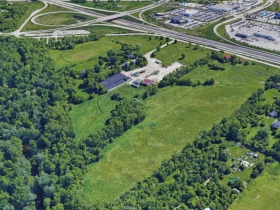
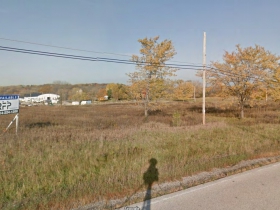




















This is building on green space. It counters best practice: https://living-future.org/core/
See the list of ten Core Imperatives: the first: The intent of this Imperative is to encourage ecological regeneration and enhanced function of
the places where projects are built and limit projects’ contributions to sprawl.
All projects must demonstrate that they contribute positively to the ecology of their place and
restore or enhance the ecological performance of the site compared to a healthy ecological
baseline. Teams must document site conditions prior to the start of work, identify the project’s
“reference habitat(s),” and then demonstrate that the project restores or enhances the
ecological performance of their place.
1
Projects must avoid building on pristine greenfields and wilderness unless their primary
purpose is the preservation of that ecology through research and/or education.
2
Projects must avoid building on prime farmland or in a floodplain unless they meet an exception.
Projects built on or near sensitive ecological habitat (such as wetlands, tundra, or dunes) must
show they are supporting or improving the function of such habitats within the larger adjacent
ecology (e.g. watershed, plain or desert).
All projects’ on-site landscape must be designed so that as it matures and evolves, it
emulates the functionality of the reference habitat with regard to density, biodiversity, plant
succession, hydrological characteristics, and nutrient needs. It shall also provide wildlife and
avian habitat appropriate to the project’s Transect through the use of native and naturalized
plants and topsoil.
No petrochemical fertilizers or pesticides can be used for the operation and maintenance of
the on-site landscape, including urban agriculture.